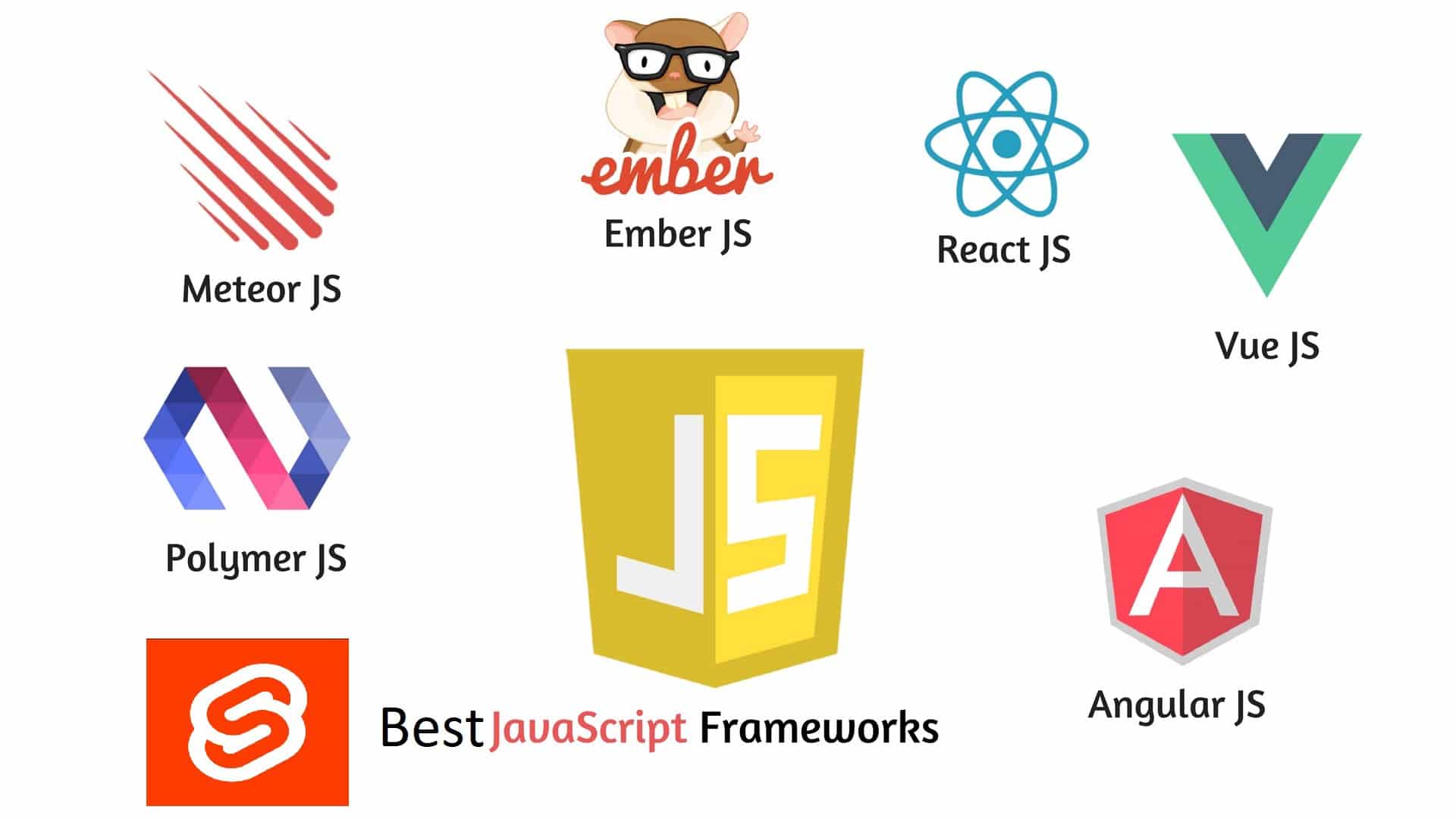Buzz Haven: Your Source for Trending Insights
Stay updated with the latest buzz in news, trends, and lifestyle.
JavaScript Frameworks: Choosing Your Sidekick Wisely
Uncover the secrets to picking the perfect JavaScript framework! Boost your projects and become a coding hero today!
Understanding the Key Differences Between Popular JavaScript Frameworks
When it comes to modern web development, JavaScript frameworks play a crucial role in shaping the efficiency and functionality of applications. There are several popular frameworks available, including React, Angular, and Vue.js, each with its own strengths and weaknesses. For instance, React, developed by Facebook, is renowned for its component-based architecture and virtual DOM, which significantly enhances performance for large applications. On the other hand, Angular, maintained by Google, offers a comprehensive solution with two-way data binding and dependency injection, making it ideal for complex enterprise-level projects.
Vue.js stands out for its simplicity and flexibility, providing an approachable learning curve for newcomers while still being powerful enough for larger applications. The differences between these frameworks can be summarized in a few key areas:
- Learning Curve: Vue.js is generally considered the easiest to learn, followed by React, with Angular being the most complex.
- Performance: React's virtual DOM offers high rendering performance, while Angular's two-way data binding can lead to performance issues in large applications.
- Community and Ecosystem: React has a vast ecosystem and robust community support, making it easy to find resources and libraries.

5 Essential Questions to Ask Before Choosing a JavaScript Framework
Choosing the right JavaScript framework can significantly impact your development process and the overall performance of your application. Before making this important decision, consider these five essential questions. First, ask yourself about the framework's community support. A strong, active community ensures that you can find resources, tutorials, and help when needed. Additionally, check the framework's documentation for clarity and comprehensiveness, as this will play a crucial role in your learning curve and efficiency.
Next, evaluate the performance and scalability of the framework in relation to your project requirements. Different frameworks excel in different areas; some might be better suited for large-scale applications while others may be optimized for smaller projects. Furthermore, consider the learning curve and how quickly your team can adapt to using the framework. Lastly, factor in the long-term viability of the framework, including its update frequency and whether it is actively maintained to ensure it remains relevant in the fast-evolving world of web development.
How to Evaluate JavaScript Frameworks for Your Next Project
When considering which JavaScript framework to use for your next project, it is essential to evaluate several key factors. Start by analyzing the framework's performance and scalability, as these will directly impact your application's speed and ability to handle growth. Additionally, assess the framework's community support and resources available, as a robust community can provide invaluable guidance, plugins, and troubleshooting assistance. A good starting point for this evaluation can be a checklist such as:
- Performance metrics
- Community support and documentation
- Ease of use and learning curve
- Integration capabilities with other technologies
Another crucial aspect to consider is the project requirements. Each framework has unique strengths that align better with specific types of applications. For instance, if your project requires real-time data processing, frameworks like React or Vue may be more suitable due to their reactive data binding features. On the other hand, for large-scale enterprise applications, a more robust framework like Angular might be preferable. Ultimately, choose a framework that not only meets your current needs but also has the potential for future expansion. Remember to consult with your team to ensure the chosen framework aligns with their expertise and preferences.